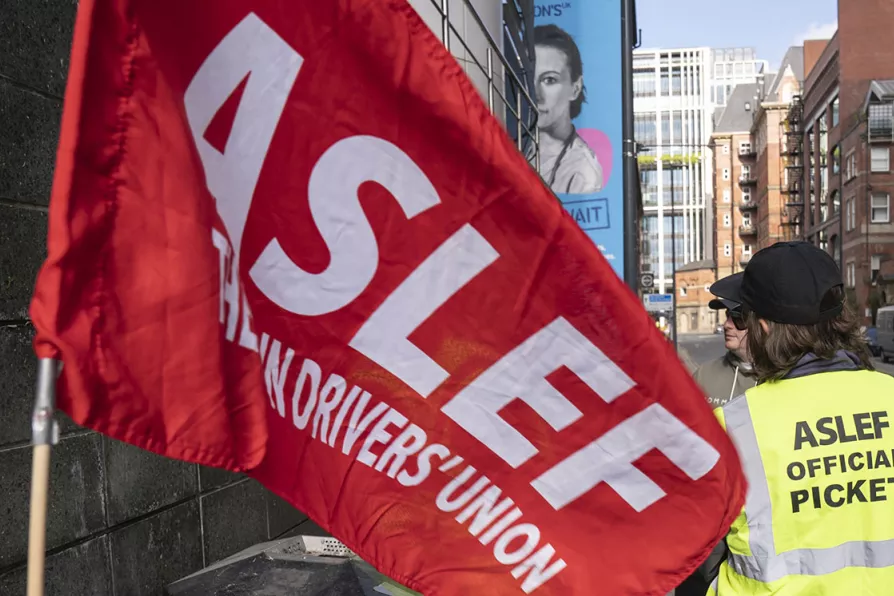
 Members of the Aslef union on a picket line near to Leeds train station, June 3, 2023
Members of the Aslef union on a picket line near to Leeds train station, June 3, 2023
TRAIN drivers on LNER announced 22 days of strike action today over allegations of bullying, broken agreements and a breakdown in industrial relations, in another legacy of Tory turmoil.
Members of drivers’ union Aslef will strike every Saturday from August 31 to November 10, bringing weekend disruption to the rail network’s East Coast Main Line between London King’s Cross and Edinburgh.
LNER is an operator of last resort (OLR), appointed by the then-Tory government after private operator Virgin faced financial collapse in 2018.

On the eve of the 157th Trades Union Congress, MICK WHELAN, general secretary of Aslef, the train drivers’ union, celebrates victory in his campaign to get dignity for drivers at work

But unions warn renationalisation must not be fudged

Walkout follows long-running dispute over sacking











